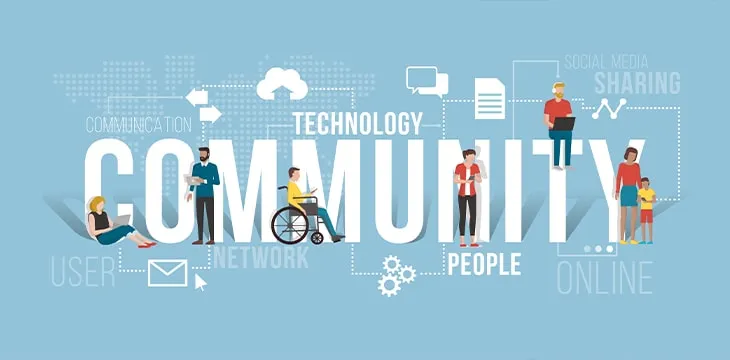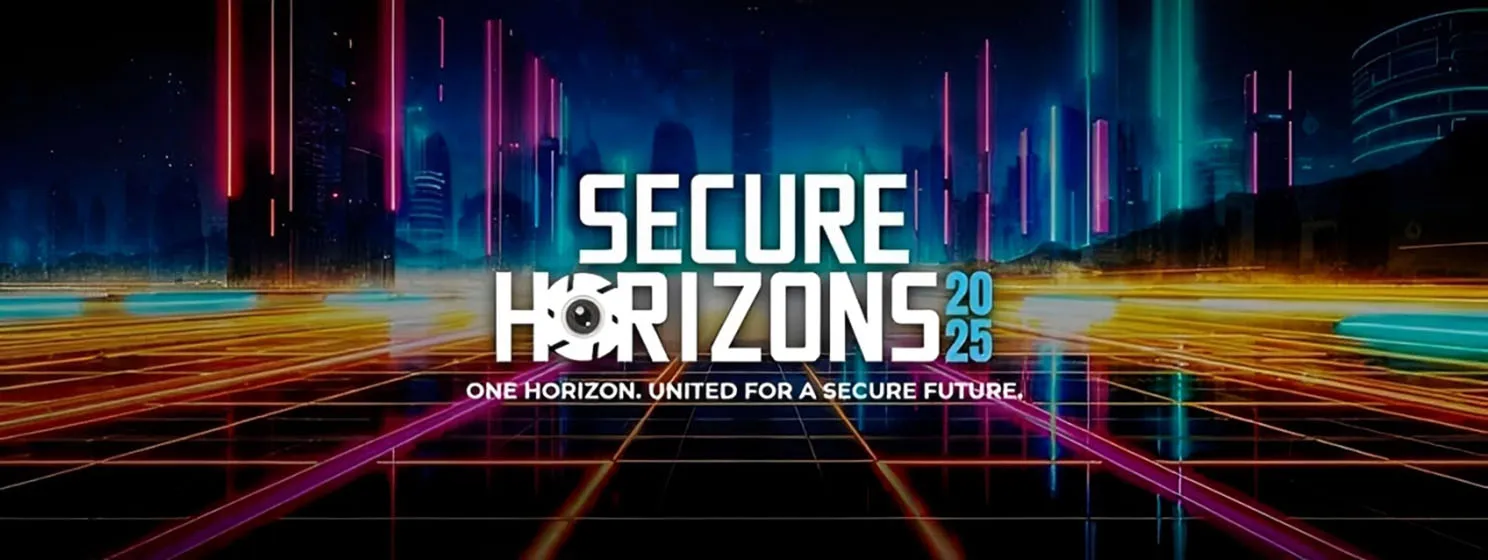|
Getting your Trinity Audio player ready...
|
Teams of teams
In 2015, General Stanley McChrystal wrote a bestselling book, “Team of Teams: New Rules of Engagement for a Complex World.” He talked about the shift in the way war was waged over the last century. He shared stories about how the U.S.’s traditional, hierarchical military style broke down when they engaged with the agile, decentralized manner of Al Qaeda. They had to adapt to combat Al Qaeda and started forming “teams of teams.”
Communities of communities
The same is true for modern communities.
Over the last century, we went from dealing with civic neighborhood communities to virtual online communities, to now “Web3” mixed reality ones.
That same “agile,” “decentralized” ethos that General McChrystal experienced and adopted is now the norm for online communities and even professional remote teams. However, many groups and even companies still operate in the traditional style. COVID-19 forced many to learn the “new way” in record time.
Human psychology remains the same, but the ‘locations’ (physical or virtual) have changed. New technologies have subsequently shifted behaviors.
Web 3 communities
With the introduction of blockchain, digital currencies, and NFTs/Web3, many online interactions are becoming transactional.
Micropayments, the real “killer app” of Bitcoin, can theoretically turn all data packets into micro-transactions that cost less than a cent. Although the broader Bitcoin/Web3 ecosystem is yet to take full advantage of this, it’s subtly influencing communities that are indeed starting to leverage micropayments.
An example is on-chain social media network Twetch, led by a savvy team of unconventional marketers. Twetch has implemented blockchain technology to enable users to earn simply for engaging on their social media network. But doing so has also influenced certain behaviors: trolling, earning, and owning.
1. Trolling
On Twetch, a troll-box feature allows users to set a price on ‘trolls’ for commenting or engaging on your posts. So if a troll wants to engage with you, they’ll have to pay you. Meaning the last laugh is on them.
2. Earning
In the Web2 world, we typically earn by selling a product or service. You can be “paid” to engage or interact with others in a future micropayments world. Seamlessly. These types of payments can be positive and negative, though.
The positive is that you can earn something. The negative is that you may engage less because you’re thinking more about how much you’re spending.
To play Devil’s Advocate on the latter statement, however, thinking more about what you write online might be good since we see how much is spit out on the web without much thought. Because there’s a cost involved, thinking about what you want to publish forces you to think things through a bit more.
3 . Owning
The idea of “owning your own data” comes with the ability to post your content on-chain (at least in theory).
Since you’ll essentially pay to publish, you get to own that piece of data. As opposed to the current Web 2.0 model, platforms and other service providers sell your data to “pay” to keep everything running that you think is “free.”
Micropayments offer a way to pay for your hosting on the blockchain, but in tiny, negligible amounts. Because micropayments are so small, over time, you start forgetting that you’re “paying” anything. That happened for me after using apps like Twetch for a bit. And that’s eventually the aim → pay for your data, but make it negligible, so you go back to previous ways of engaging online without worrying about who owns your data (or not).
Transactional communities
Micropayments may seem to turn everything into transactional relationships. But, if you look at all engagement as a systems-thinker or even an economist, they are technically transactions.
The ‘cost’ has just been non-financial on the surface.
Micropayments make these interactions financial, but for the benefit of improved data ownership, accountability, and scale.
It’s known that transactional relationships can be risky in building healthy cultures, so it’s crucial to ensure that micropayments do indeed become negligible from a User Experience (UX) standpoint. Something that happens in the background but can be accessed if needed.
Suppose the payment aspect is front and center within social environments. In that case, it focuses on transactional-type relationships (what we see in many digital currency and NFT groups) and less on meaningful relationships.
Transactional communities are ones where people only engage with each other when they need something instead of moving beyond. If you’ve experienced this, you’ll know how soulless it can feel.
Of course, there are certain real-life situations where this is perfectly acceptable—like paying a waitress for a meal at a diner on your way to some new city. You don’t need to build a relationship or “sense of community” with that person or diner. It’s OK to know nothing about each other. But if you’re looking to build a fanbase, a branded community, etc., it becomes more vital to move beyond transactional relationships.
Meta-communities
All the above items will influence the responsibilities of community professionals in the future. As communities grow or scale, they will naturally break down into sub-communities.
The role then of the community professional will be in managing the overall ecosystem, the “meta-community”, just like General McChrystal had to with his “team of teams” approach. But for future meta-community builders, the approach will be a “community of communities.” The same thinking, but at a different scale.
What do you think? Does this meta-community concept make sense? Do you think it applies to the evolution we see in Web3 and the metaverse?
Watch: The BSV Global Blockchain Convention panel, Web3 and BSV Blockchain
https://www.youtube.com/watch?v=RzJsCRb6zt8&t=29945s

 09-04-2025
09-04-2025 





